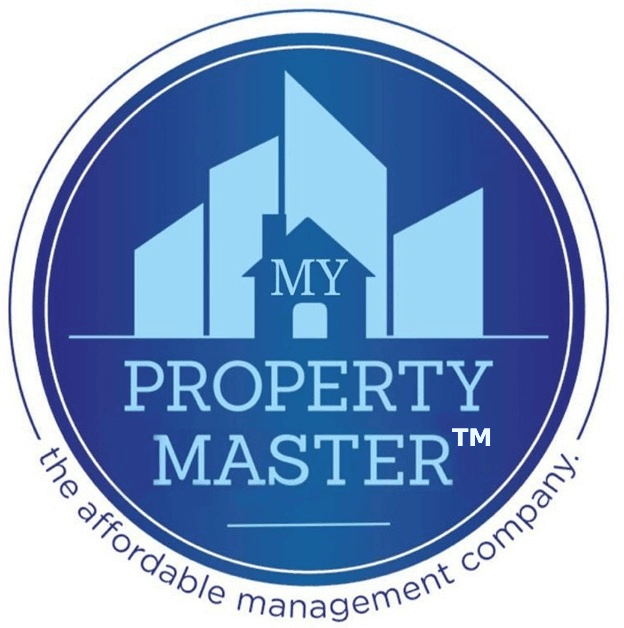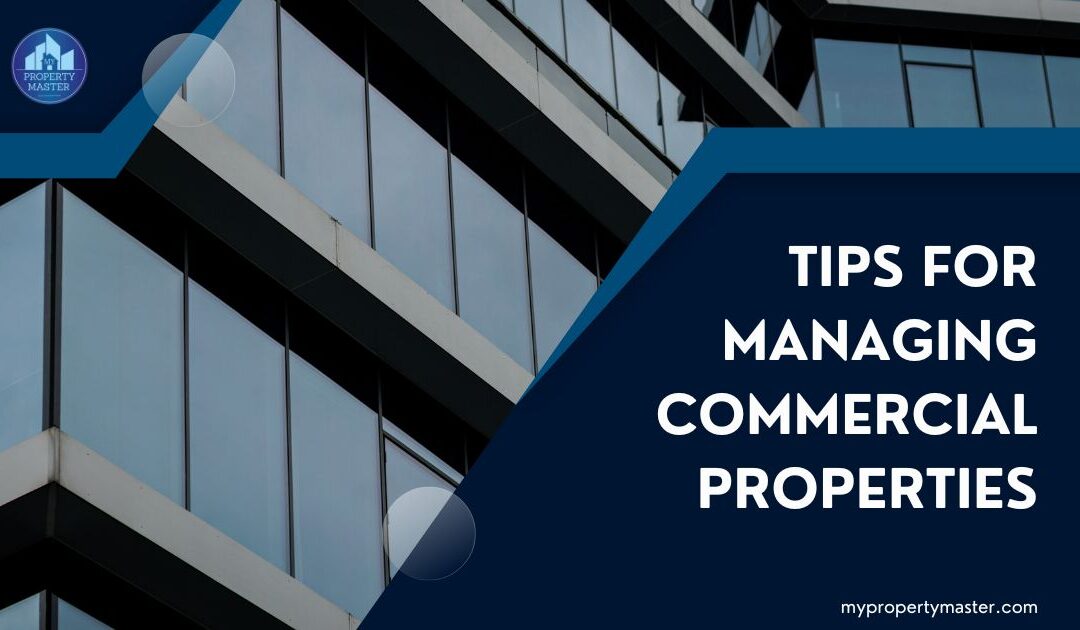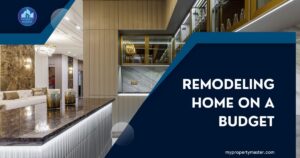These important tips are intended to help commercial property managers. However, the property owners can also take advantage of this article. Because it will help better understand their existing managers, shortcomings, etc.
In another post, I discussed four types of property management companies: residential, commercial, industrial & special-purpose. Commercial properties are different than residential. So, the experience and capabilities of these two property managers are different.
Even though there are a few similarities among all property types. It does not mean that a residential property manager can maintain a commercial property (effectively). However, a commercial property manager can take care of a residential property (very easily). But it may be costly for the landlords.
Important tips for managing commercial properties
As a property maintenance company since 2009 in Rhode Island, we see many difficulties, different ways to solve issues, planning, budgeting, and lots of things in between. From these practical experiences, I will share some of my top findings and important suggestions that may help your workflow.
1. Understand the lease agreements properly
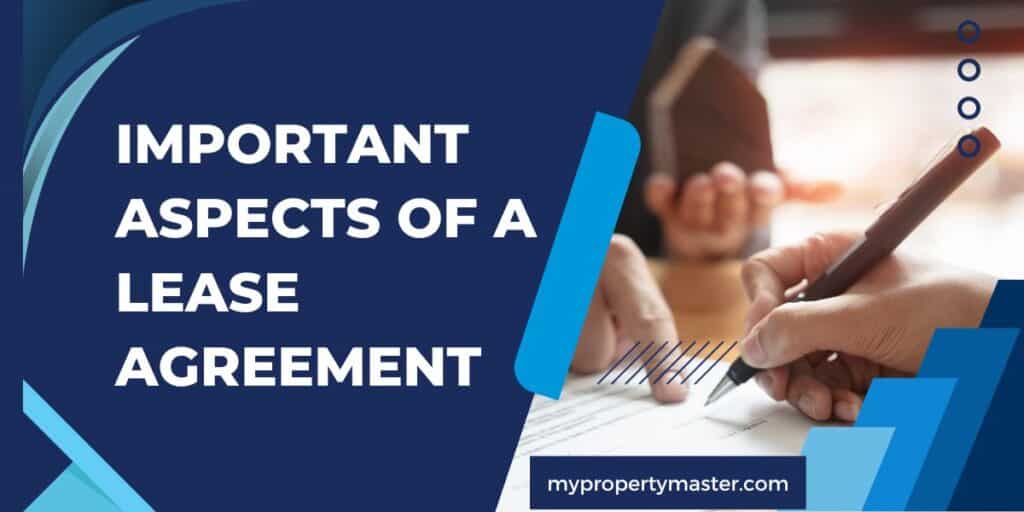
This may seem silly to some of you. But it’s more than as important as you may think. Once an agreement is signed, you are bound to obey and perform every task based on it. No matter if you checked every aspect of the contract.
There is a huge difference between residential & commercial agreements. As a property manager, you have direct access to the landlords and tenants. Also, you can mutually solve any conflict or reduce your loss to a certain extent.
On the other hand, a commercial property is owned by multiple people or companies. So there are many difficulties in fixing a resolution which is already mentioned in the contract. Also, no single person can take responsibility and accept your opinion. They might need to arrange a board meeting to fix any conflict. And no one will be willing to do it because everyone’s time matters.
That’s why it’s very important to understand the agreement for managing commercial properties.
Related: What to look for in a lease agreement?
Benefits of understanding the agreements
- You’ll become proactive
- It will clarify your responsibilities
- You can make a better maintenance plan & budget
- You can calculate and reserve the money for monthly expenses
- Arrange necessary manpower
- Complete maintenance requests on time
- You’ll understand the rights that you, the tenants, and the property owners have.
2. Negotiate for the lease agreement

Property management for commercial properties is not always easy. Sometimes, contractors become aggressive in finalizing new contracts. Yes, closing a deal and getting new contracts are mindful and expected. However, not all contracts or projects bring profits to your business. In some cases, a few of them are loss projects.
This is where the negotiating comes into play. When you discuss with commercial prospects, they generally show premade rough templates/contracts. Most of the terms will favor them because they are the persons who made it. But as a property maintenance contractor, you must identify the points that must be changed.
Not to mention, they may not agree with all your points. But it can help you make a better contract that will be more helpful for you, your clients, and your tenants.
Related: How much does a property management company charge?
Benefits of negotiating the lease agreement
- It indicates that you’re proficient and know your stuff
- You can satisfy both property owners and tenants accurately.
- It will help you to minimize the cost and make more profits
- It will help you manage high operational costs like utilities, taxes, maintenance, etc.
- It may save you from legal responsibilities like slip and fall accidents, tenant disputes, etc.
3. Try your best level to resolve tenants’ issues

Encourage the tenants to communicate with you (the property management company) about their concerns whenever they encounter difficulties, even though you mainly serve the property owner’s purpose. But taking proper care of tenants will make you more reputable & renowned.
If most tenants are unhappy with your company and how you manage the property, it will raise issues and complaints. Ultimately, this could lead to not renewing the lease agreement in the next term.
Related: What does a property management company do?
Benefits of better communicating with tenants
- Reduce tenant turnover
- Make more profits for the property owners
- Satisfy tenants expectations
- Improve tenant retention
- Your employer (property owners) become happy.
4. Automate most of your documenting workflow with software

It would be best if you automated most of your workflow whenever possible. If you’re not using software to manage properties, you waste time, energy, manpower, and money.
So use necessary software for management-related works such as accounting, maintenance & progress tracking, etc. This will enhance your efficiency and save you tons of time & headaches.
Related: Everything you need to know about property management workflow
List of property maintenance software
| AppFolio | Buildium | DoorLoop |
| Rent Manager | Propertyware | Innago (free) |
| Rentec Direct | SimplifyEm | Yardi Breeze |
| Condo Control | Entrata | TurboTenant |
These are only a few, but there are many of them. Some are cloud-based, and some are installable on your Windows or Mac operating system or your computer.
Discloser: We are not affiliated with any of the software companies. Also, these are not our recommendations. These are some of the many examples and available options. Consult with a technologist or professional who can sort out the right software for your specific needs depending on the size of your company.
5. Provide seamless experience in the common area

Every commercial property has common areas such as elevators, sidewalks, parking lots, etc. Maintaining these is generally known as CAM (common area maintenance).
These are the places where all your tenants & property owners will use. So any problem with any of these will cause many talks.
In a commercial building where many different types of people operate their businesses, everyone will not like you & your company, which is obvious. If those people find any glitch in those common areas, they will also find a way to complain against you and show proof to others even if you solve the issue or take care of it a while later.
This is why providing a seamless experience in the common area is very important. And this is how it differentiates you from a residential contractor.
Related: What is CAM (common area maintenance) in real estate, and how is it calculated?
Benefits of taking care of the common areas in the highest priority
- Makes positive first impression
- Tenant & property owners satisfaction
- Increases property value
- Ensure safety for everyone
- Increased occupancy rates
6. Inspect property regularly
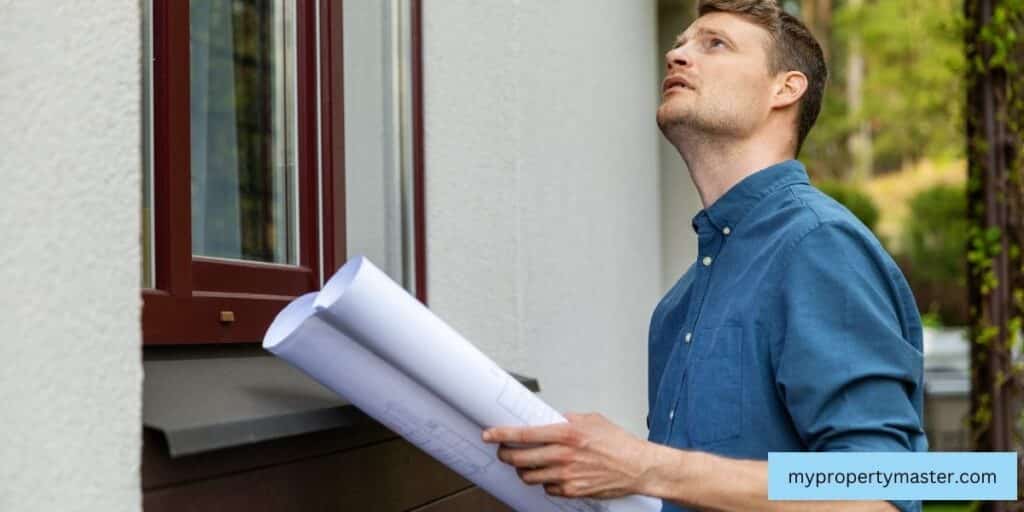
You already have a scheduled property inspection per month, quarter, or year in your contract. Aside from that, you should invest additional time to inspect the properties. This will help you solve an issue before someone notices or complains about it.
You can think of this regular inspection as being out of scope, which is not mentioned in the lease agreement. This is extra work to provide outstanding services to your property owners and tenants. This makes a difference between a contractor and a good contractor.
Related: What is special-purpose property in real estate?
Benefits of regular property inspection
- Identify maintenance needs
- Sort out safety concerns
- Make necessary improvements
- Quickly solve any issues
7. Install necessary equipment for emergency preparedness
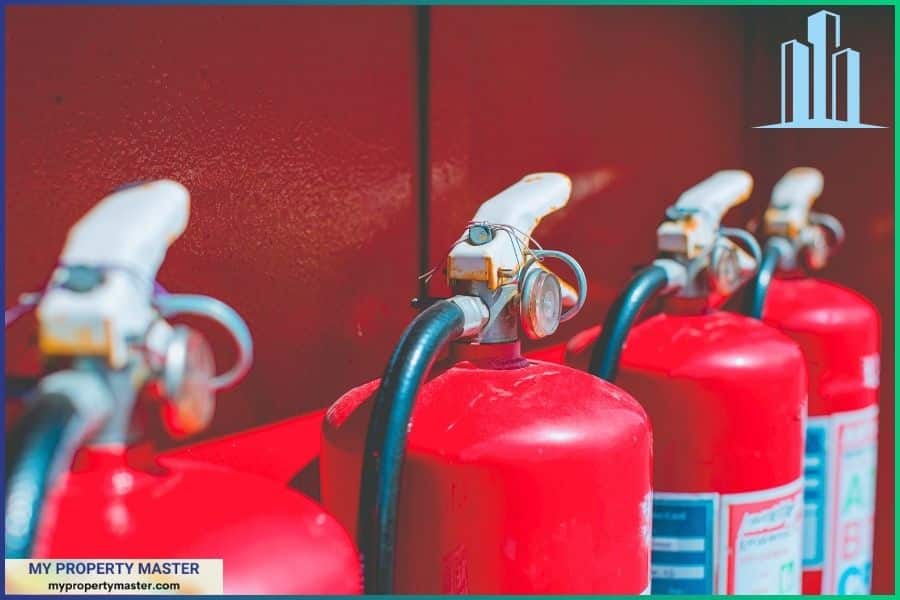
Many property managers and owners ignore or forget about emergency preparedness. When you take the responsibility of a property, ensure all the necessary equipment & assets are in place. This could protect from human-made problems like fires, chemicals, etc. Also, your setup should protect the property from natural disasters like floods, blizzards, etc.
Your emergency preparedness setup should also depend on the local area, natural environment, etc.
Related: Everything you need to know about property management workflow
Benefits of installing necessary equipment
- Handle emergencies effectively
- Deal with unpredicted incidents
- Able to respond urgently
- Minimize property damage
- Increase confidence, trust, and property value
Wrap up
This is how to manage a commercial property properly. You can also implement most of these suggestions in residential, industrial & special-purpose properties.
If you have any questions, please let us know in the comments.
